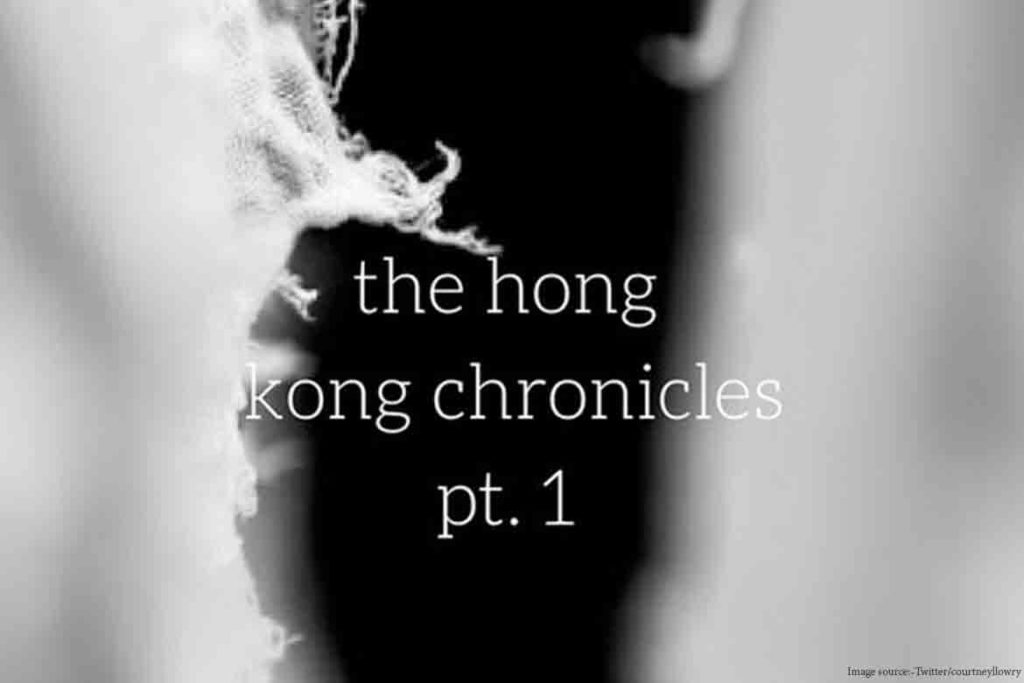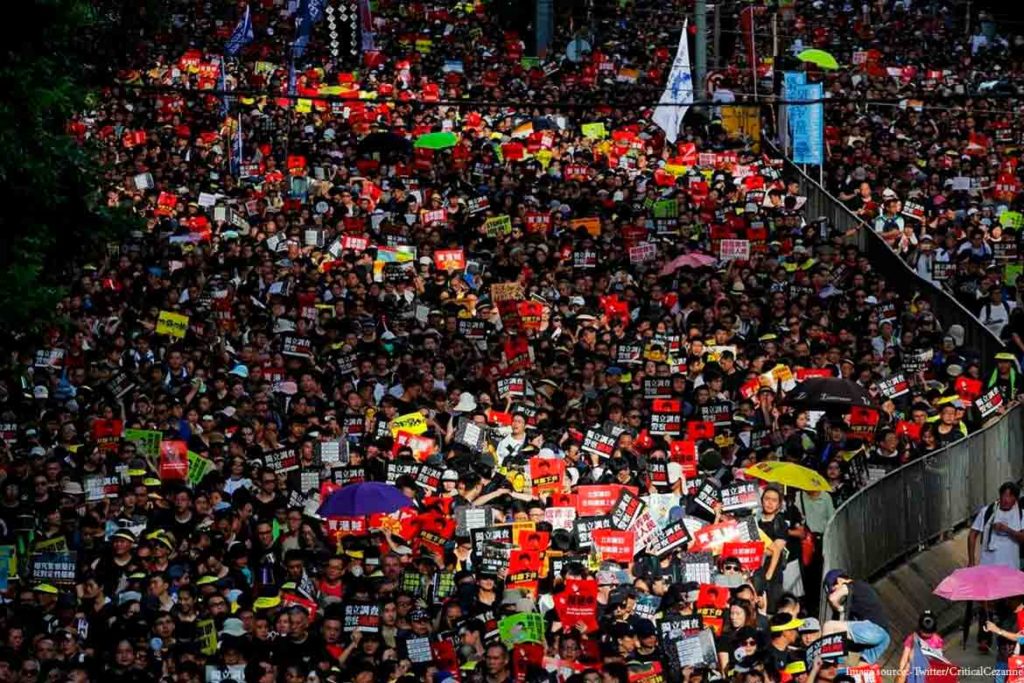China in yet another attempt to force Hong Kong into submission, has targeted history this time. It aims to brainwash the next generation to be fiercely loyal. This loyalty however, will not be to Hong Kong’s authorities but to the government of Mainland China.
Today, we look into what all the Chinese state has up their sleeve. We will look into how it aims to create loyal and non critical subjects.
Curriculum and Guidelines
On the surface, it was just an attempt by China to nurture an interest in the past. However, we need to have a glance at the important parts of the guidelines in order to analyze the main underlying aims of the Chinese state. One can get a basic idea of the aim of the guidelines through this excerpt from it: –
Students should develop a sense of belonging to the country, an affection for the Chinese people, a sense of national identity as well as an awareness of and a sense of responsibility for safeguarding national security.
The fact that the Chinese government is blatantly rewriting history is evident from “The Hong Kong Chronicles”. Backed by the Chinese government, this 66-volume set of chronicles records Hong Kong’s last 7,000 years. Additionally, the authorities claim it to be “comprehensive, systematic and objective”. Additionally, the yearbooks of schools will contain government’s achievements. However, the strides made through cooperation with the West has now disappeared.

What is alarming is also the fact that the government plans to overhaul and halve the time devoted to Liberal Studies. Pro-Beijing politicians say that such subjects nurture critical thinking and thus, poison the people against the government. This statement is proof enough of the intentions of the government: –
Students should focus on learning facts, not assessing their context. They need to know that, after 1997, Hong Kong is a part of China. We don’t want them to analyze anything out of that. You don’t expect at this high school level, or even college level, that social issues or political issues can easily be taught with reasonable depth
Lau Chi-Pang (Director of this Project
This can be considered to be follow ups of other historical rewrites done in the past. Between 1997 and 2016, the yearbook consistently declared that prehistoric cultures had evolved “locally, independent of any major outside influences.” But in 2017, the record said, Hong Kong’s culture had “developed out of influence from central China.”
Hong Kong’s participation in “the Allied cause” during World War II became “the anti-Japanese cause” .
Reasoning by China
The Government in its defense, said that the anti-government protests of 2019 was a result of liberal education. The pro Beijing politicians blamed the indoctrination by liberal values for radicalizing the protesters. Thus, this new curriculum, which would reinforce the power of the C.C.P and create unflinching loyalty in Hong Kong. The supporters of this decision consider it to be important to ensure stability and unity.

Additionally, the city’s chief executive, Carrie Lam, said recently that the “Hong Kong Chronicles” project would help residents, “especially the younger generation, better understand the inseparable relationship between Hong Kong and the country.”
Criticisms
Chan Hei Tung, a teacher of liberal studies, said the government’s flattened narrative would only distance students from the city and the country that the authorities want them to love. Like him, many others have claimed that now, students won’t think and analyze present events in the context of the past, as the curriculum won’t allow it.
Others criticized the Hong Kong Chronicles for characterizing anti-government protesters who clashed violently with the police in 2016 as “rioters,” noting that it called pro-Communist forces who had done the same in 1967 “protesting workers.” The book also did not mention that the pro-Communist protesters had planted bombs that killed, among others, an 8-year-old girl and her toddler brother.
Many have called this change to be in line with the power tactics of the Chinese government, to quash dissent. Earlier too, the Communist Party banned those candidates from elected or public office, who were considered disloyal to the CCP. Thus, many critics have deemed this to be a dystopian and misleading campaign to shape young minds; or rather to destroy it.
Get More Updates on Global Happenings
